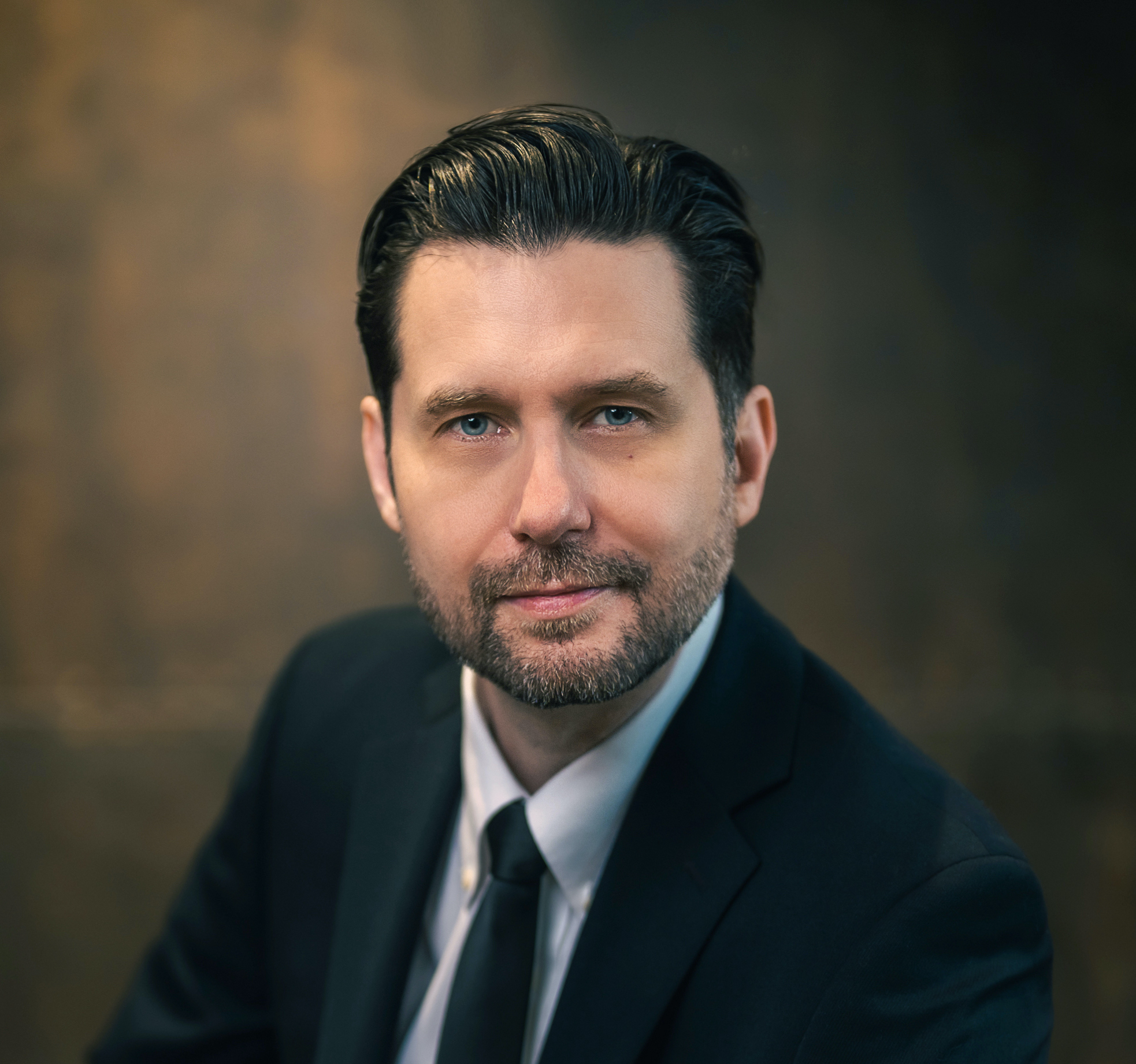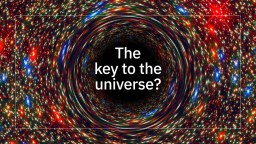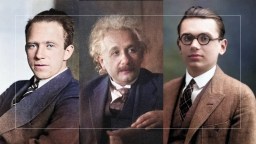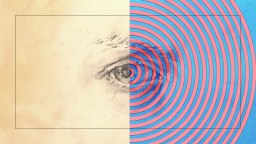
Do we inhabit a multiverse? Do we have free will? What is love? Is evolution directional? There are no simple answers to life’s biggest questions, and that’s why they’re the questions occupying the world’s brightest minds. Together, let's learn from them. Welcome to The Well, a publication by the John Templeton Foundation and Big Think.
“Quite honestly, maybe you’re not using calculus every day of your life, but one thing that math teaches us is how to think critically. It teaches us how to be resilient and also improves our decision-making.”

“Common wisdom says we have a self and that self is the source of our free will, but...
the subject of the self is riddled with paradoxes. Because the mind has been categorized as something “nonphysical,” its definition alone places the self outside of physical cause-and-effect, and beyond the scope of science. However, as with many philosophical quandaries that involve the proposal of a thesis and the emergence of a counter-thesis (or antithesis, in the words of Hegel), a synthesis often emerges, reconciling seemingly disparate views into a more coherent and sensible perspective.”




































